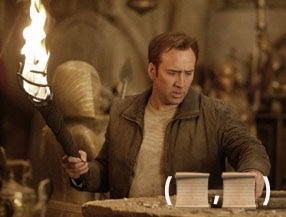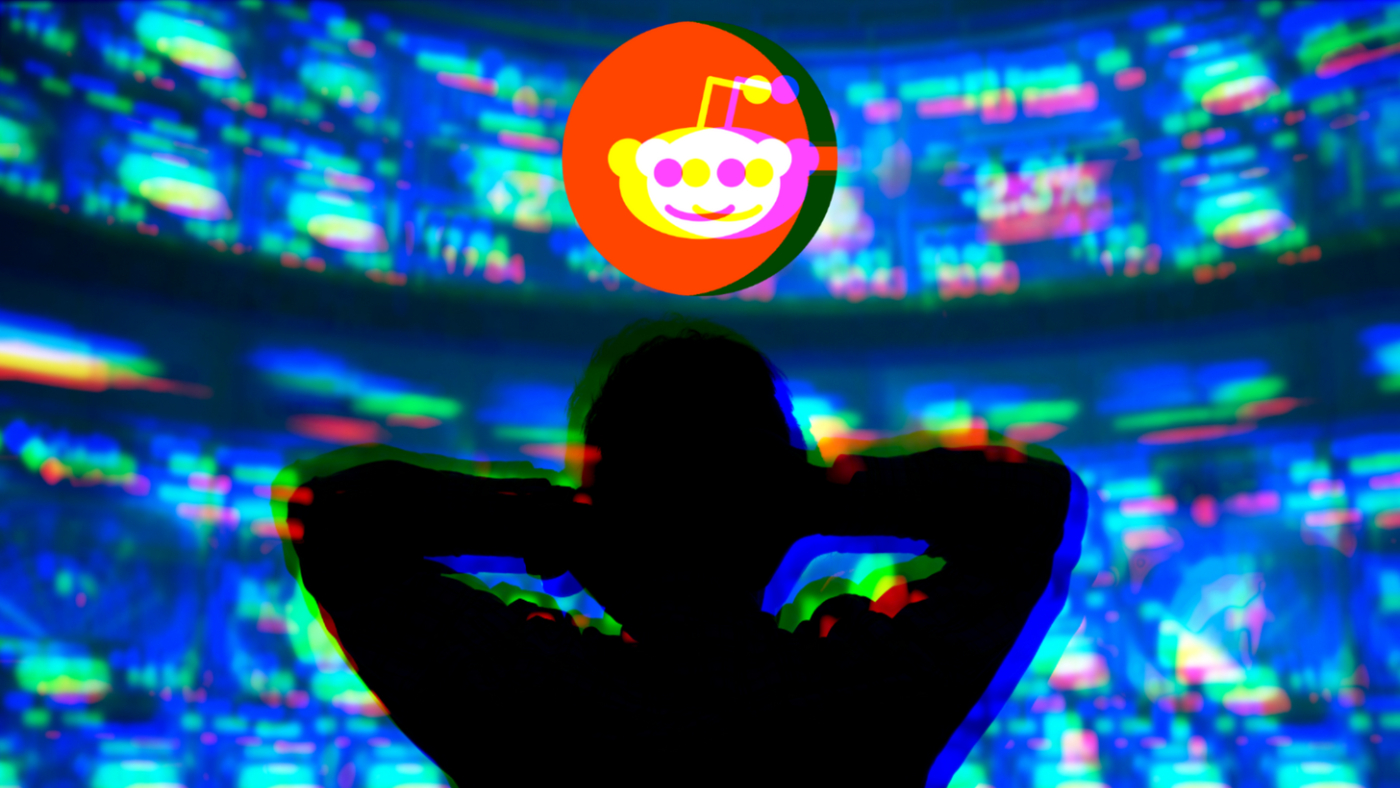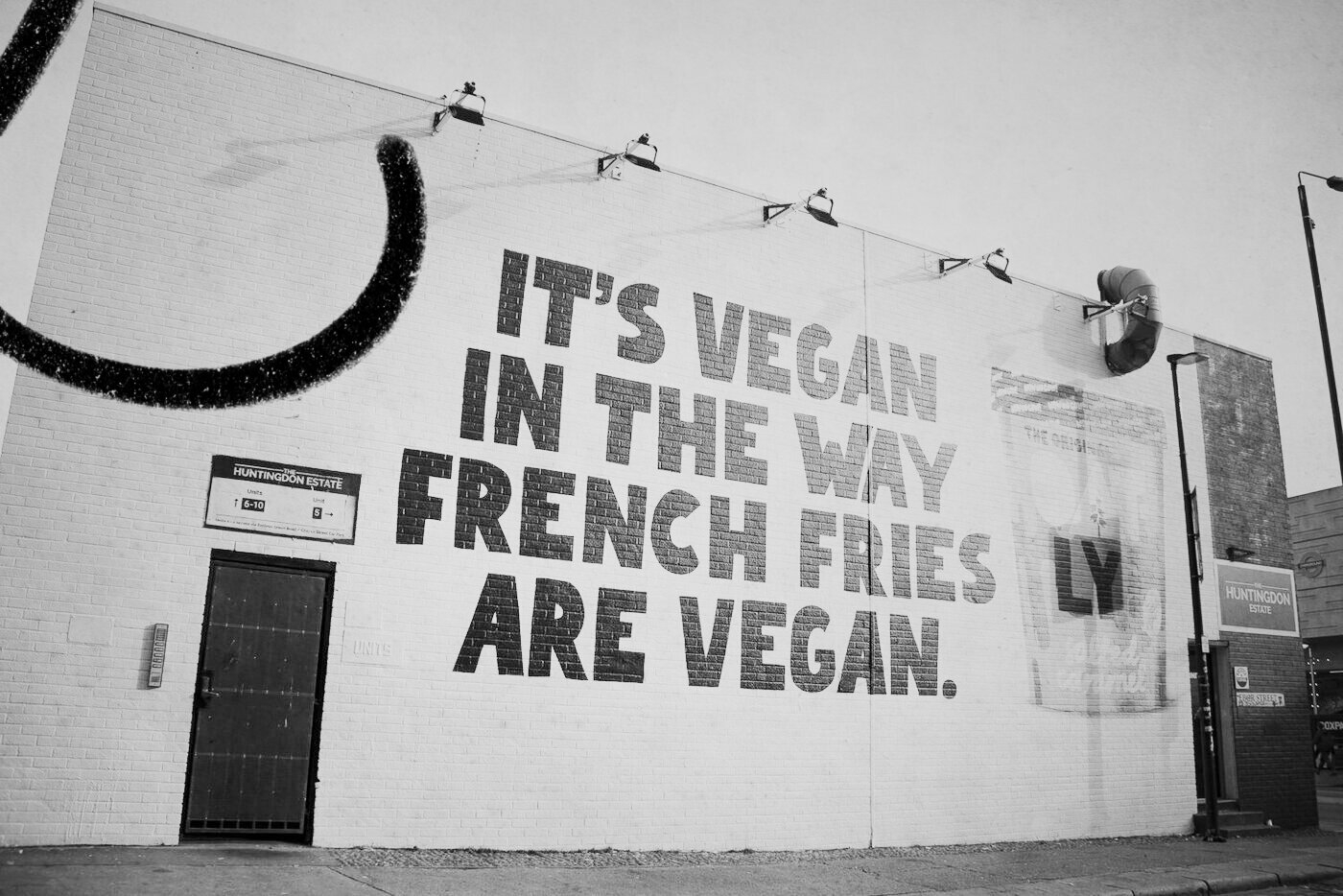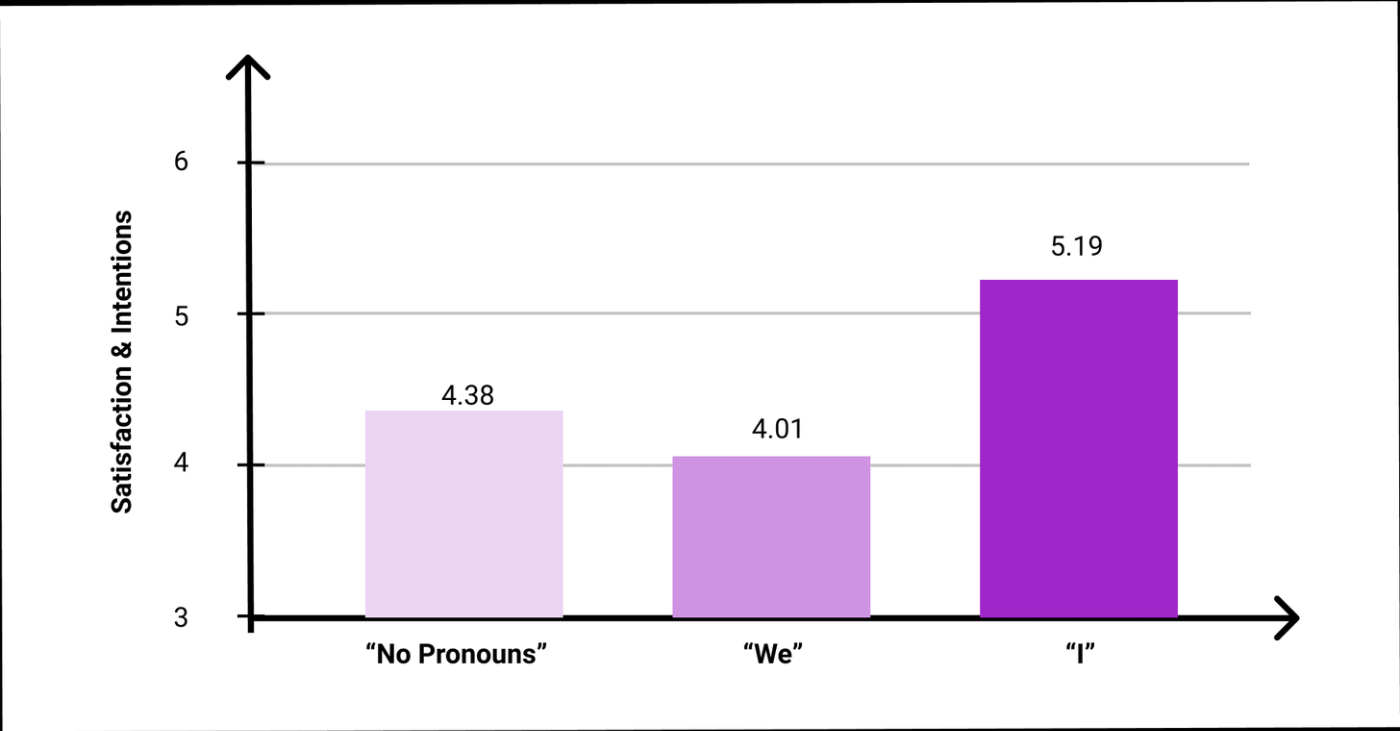
How I Got My Brain Back, ConstitutionDAO Takeaways, and More
Here's everything we published this week.
November 20, 2021 · Updated February 7, 2026
Knowledge Partner: McKinsey & Company
Combating the Great Resignation. Pop quiz: what’s the top reason people leave their job?
- The pay
- The benefits
- A feeling of being undervalued, and sense of not belonging in an organization
Most managers pay attention to #1 and and #2 on the list, but McKinsey research finds that employees typically leave their jobs when they feel like they don’t belong, don’t have enough autonomy, and don’t like their team.
So what makes a workplace the kind of place that employees want to stay? A recent episode of The McKinsey Podcast explains.
Happy Sunday!
The weather is colder, the days are shorter, and we didn't buy the Constitution. But we do have a breakdown on the iconic movement that was ConsitutionDAO, which we think is a decent consolation (and the best we can do!).
Our top article this week has some practical advice on combatting the seasonal depression (or post-auction sadness) you might be experiencing. We also have Adam Davidson's debut essay on storytelling, a deep dive into the wild housing market and the corporations cashing in on iBuying, and an analysis on Reddit.
Let's get into it, shall we?
How I Got My Brain Back
Brie Wolfson/ Superorganizers
Productivity is more than grinding out to-do lists. It is more than just accomplishing a task. It means finding health, safety, and joy in what we do. But even the simplest of tasks can feel impossible in the depths of a mental health rut—let alone finding “joy” in your work.
Guest writer Brie Wolfson tackles this predicament frankly and beautifully in our top essay this week. Brie talks openly about her recent battles with depression and shares the system she developed to reclaim her health. We hope you love it as much as we did.
Notes on ConstitutionDAO
Nathan Baschez / Divinations
ICYMI this week (because maybe you were on a social media cleanse or living in a cave in the woods or something?), ConstitutionDAO took over Twitter. The goal of the DAO? Pool money to buy a copy of the US Constitution at the Sotheby's auction so it would be owned "by the people, for the people" rather than a single private collector.
Unfortunately, it didn't quite work. But it certainly made waves, raised over $40m in under a week, and gave us a whole collection of Nicholas Cage memes. Nathan's piece helps us see some of the key takeaways after this whirlwind of a week, along with this golden nugget of advice: "It sucks in the moment, but it is a necessary and valuable experience. Failure is progress. It all depends on what happens next."
iBuy, iRent, iLose My Investors Money
Evan Armstrong / Napkin Math
The traditional path to home ownership is easy—just work through 12 intermediaries, 4 banks, an animal sacrifice, and pray your standing is good before the Lord, and you'll get a house! Simple.
Mixed into this craziness are the iBuyers (like Opendoor) and Private Equity Funds (like Blackstone) who are pioneering new models of home ownership. This week Evan teamed up with Marc Rubinstein from the newsletter Net Interest to examine whether these businesses are investable and how they work.
Reddit’s missing business model: Embedding commerce in culture
Rohit Kaul / Every
How can Reddit be so culturally powerful but simultaneously financially insignificant? In a guest post this week, Rohit Kaul argues that Reddit's reliance on ads for monetization (they are on track for $350M this year) is hindering their growth. Because Reddit ads are primarily for awareness rather than purchase conversion, they end up competing against Meta, which has far superior targeting. Instead of trying to steal ad dollars, Rohit writes that Reddit should pursue “embedding commerce in culture” by giving its creators new monetization tools.
How Oatly Wins: Stories that Create Binding Commitments
Adam Davidson/ Masterful Storytelling
In his debut article for Every, Adam Davidson (co-founder of NPR's Planet Money) lays out the argument that we are leaving the age of branding and entering the age of storytelling as a marketing strategy. Using Oatly as his primary example, Adam shows us how storytelling can help companies appeal to a niche—but more dedicated— audience. "Once understood, [storytelling] creates a degree of passionate engagement that more traditional approaches can’t achieve."
We're so excited to have Adam writing with us, and this piece makes a compelling case for throwing out the traditional branding playbook.
One More Reading Rec
A little tidbit of useful information this week.
Say “I” not “We” when speaking to customers
Thomas McKinlay / Ariyh
Current ‘best practices’ in customer interactions are based on a 1982 study that says company agents should downplay their “self” and emphasize the “firm.” However, more recent studies show that you should do exactly the opposite to increase customer satisfaction.
There is a lot of marketing advice on the internet, but very little is research-based, or even good advice. So how do sift through the junk? That's where Thomas McKinlay's newsletter Ariyh comes in. Ariyh gives you 3-minute marketing tips based on actual scientific research from the top business schools, such as saying "thank you" instead of "sorry" and showing your costs can increase sales by 15-20%.
The Only Subscription
You Need to
Stay at the
Edge of AI
The essential toolkit for those shaping the future
"This might be the best value you
can get from an AI subscription."
- Jay S.
Join 100,000+ leaders, builders, and innovators

Email address
Already have an account? Sign in
What is included in a subscription?
Daily insights from AI pioneers + early access to powerful AI tools













Comments
Don't have an account? Sign up!